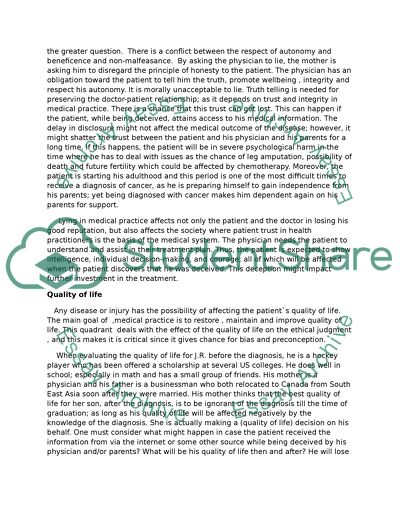Cite this document
(Ethical Analysis in Medical Indications Coursework, n.d.)
Ethical Analysis in Medical Indications Coursework. https://studentshare.org/health-sciences-medicine/1625266-ethical-analysis
Ethical Analysis in Medical Indications Coursework. https://studentshare.org/health-sciences-medicine/1625266-ethical-analysis
(Ethical Analysis in Medical Indications Coursework)
Ethical Analysis in Medical Indications Coursework. https://studentshare.org/health-sciences-medicine/1625266-ethical-analysis.
Ethical Analysis in Medical Indications Coursework. https://studentshare.org/health-sciences-medicine/1625266-ethical-analysis.
“Ethical Analysis in Medical Indications Coursework”. https://studentshare.org/health-sciences-medicine/1625266-ethical-analysis.


